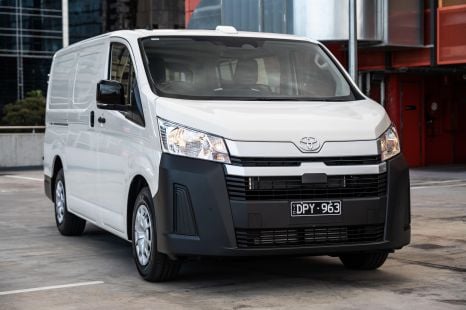

Max Davies
2026 Toyota HiAce review
2 Hours Ago

Journalist
Philippe de Rovira, the chief financial officer of the PSA Group, has confirmed the automaker has not sought any loans backed by the French government.
“We want the company to be as free as possible of public dependence,” de Roviea this week told analysts and reporters, including those from Automotive News Europe.
The PSA Group, which runs the Peugeot, Citroen, DS, Opel and Vauxhall brands, like most of its competitors, has shut down its factories due to the COVID-19 pandemic.
The group says around 90 per cent of its staff are either fully or partially furloughed. Most of those wages are currently being footed by their respective governments.
With France and many parts of Europe under a strict lockdown, dealerships are largely closed and sales have ground to a halt.
In the middle of March the French government announced a raft of measures – including €300 billion ($513 billion) in loan guarantees and tax deferrals – for businesses hit hard by the coronavirus crisis.
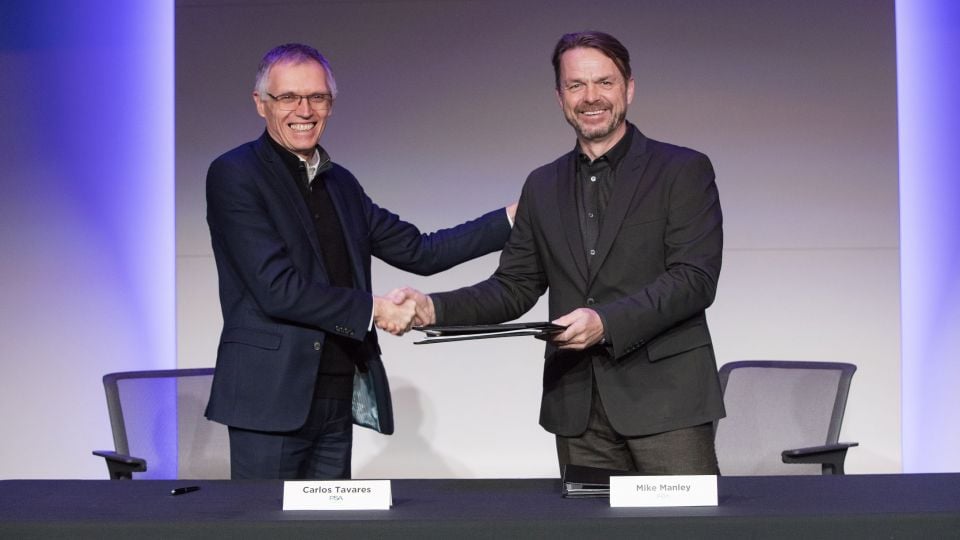
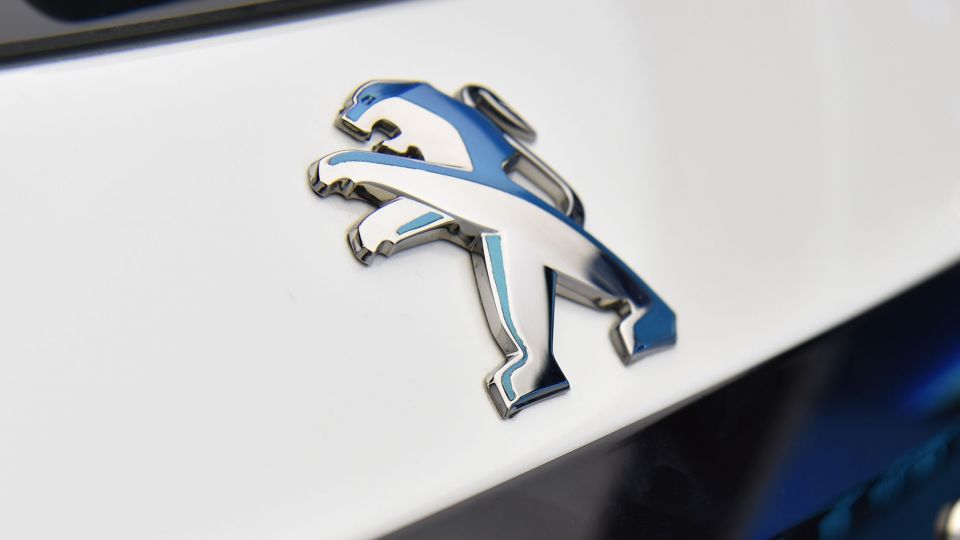
However this assistance comes with a strong suggestion applicants eliminate or reduce the size of any dividends.
As part of the merger deal struck between the PSA Group and Fiat Chrysler (FCA) last year, the two parties agreed they would each pay out a €1.1 billion ($1.9 billion) dividend from their 2019 earnings.
FCA would also issue a special one-off €5.5 billion ($9.4 billion) dividend to its stakeholders.
In the middle of December 2019, PSA and FCA officially signed a deal to merge the two automakers.
Billed as a merger of equals, the combined entity will be run by Carlos Tavares, PSA’s CEO, while the position of chairman will be taken up by John Elkann, FCA’s current chairman.
PSA and FCA will each nominate five members for the new automaker’s board, with the eleventh member being Tavares. The board will include two workers’ representatives.
The as-yet-unnamed automaker will incorporated in the Netherlands, and listed on the Milan, Paris, and New York stock exchanges.
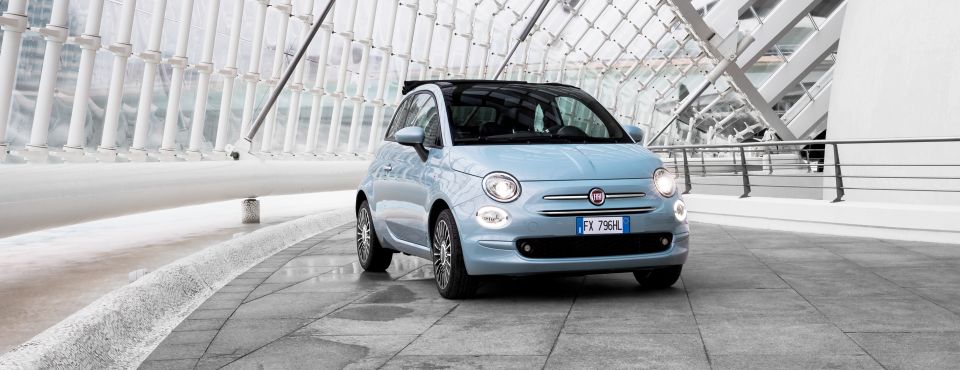
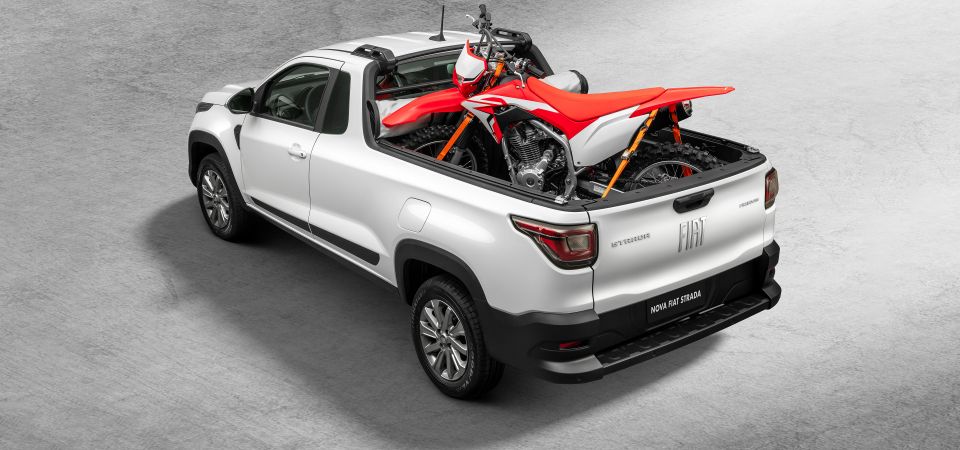
The merger is currently expected to be completed around the second quarter of 2021.
Based on 2018 sales figures, the combined FCA-PSA Group will be the world’s fourth largest by volume (8.7 million vehicles) behind the Volkswagen Group, Toyota and the Renault Nissan Mitsubishi Alliance.
It will house an unusually large collection of brands: Peugeot, Citroen, DS, Opel, Vauxhall, Fiat, Alfa Romeo, Maserati, Lancia, Chrysler, Dodge, Jeep, and Ram.
From the PSA side of the equation the new company will have a strong presence in Europe and parts of Africa, while FCA generates most of its sales in North and South America.
Once everything is formalised, the car maker will be looking to consolidate most new car development around the PSA Group’s CMP and EMP architectures.
Both of these are relatively young, and support traditional internal combustion, plug-in hybrid and fully electric drivetrains.
Where expert car reviews meet expert car buying – CarExpert gives you trusted advice, personalised service and real savings on your next new car.
Derek Fung would love to tell you about his multiple degrees, but he's too busy writing up some news right now. In his spare time Derek loves chasing automotive rabbits down the hole. Based in New York, New York, Derek loves to travel and is very much a window not an aisle person.


Max Davies
2 Hours Ago
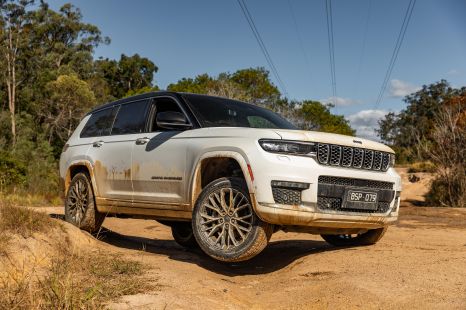

William Stopford
18 Hours Ago
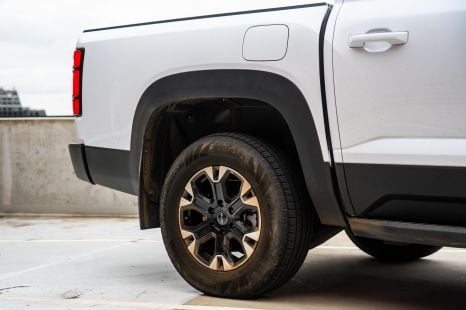

Ben Zachariah
19 Hours Ago
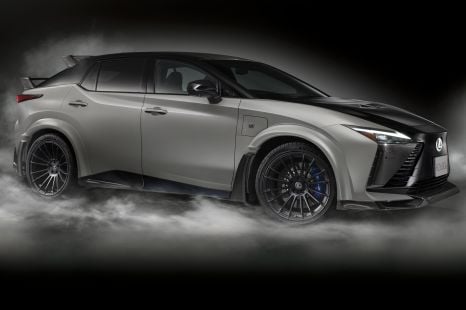

Derek Fung
20 Hours Ago
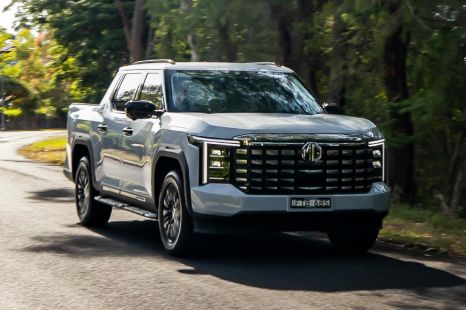

Matt Campbell
1 Day Ago
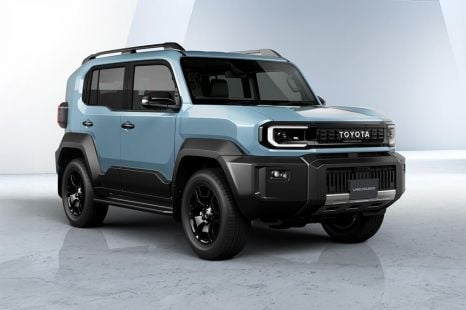

William Stopford
2 Days Ago